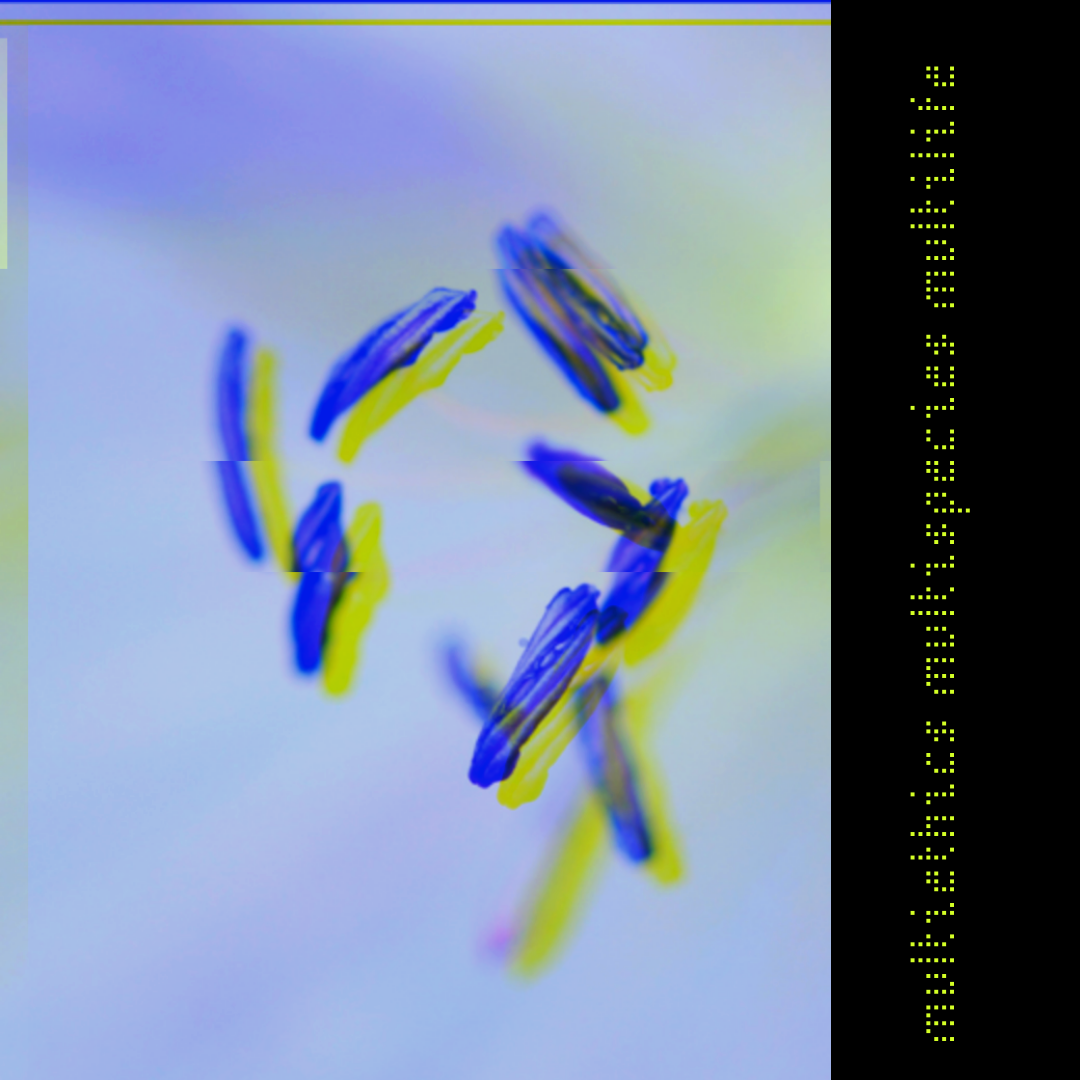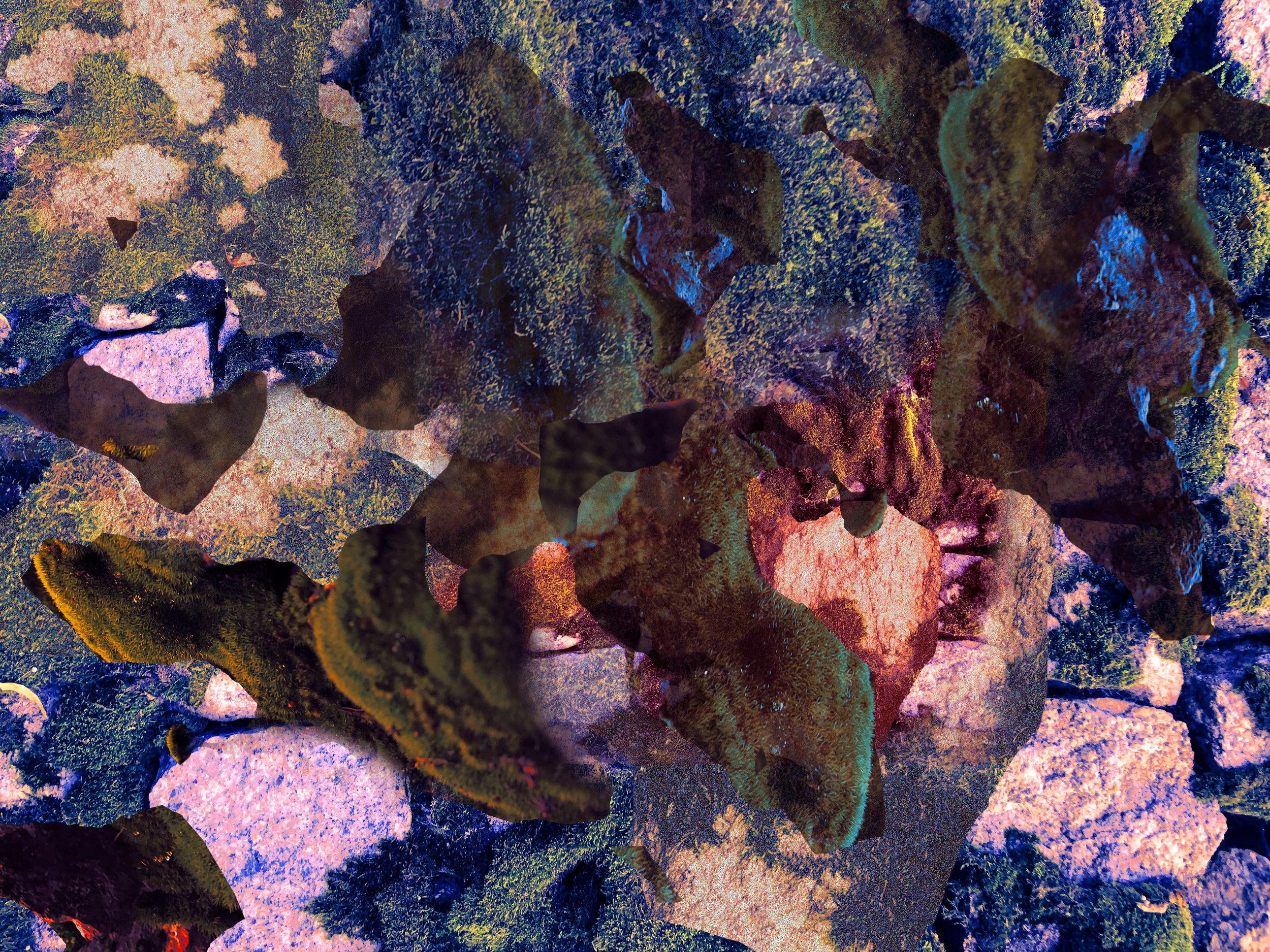
Jill Gonet
Since everything originates from sound, it is possible for language to converse with the botanical/natural world. The mind best interacts with, and makes sense of, the natural world when the mind is not “other” from the natural world. By this I mean the mind is unified with the instincts and intuitions that are the intelligence of the body and which are wise and able to understand things that the reasoning mind cannot. When the body’s mind and the reasoning mind are more seamlessly connected, it becomes easier to communicate with plants, for example. Nature, then, is not something “out there.”
Taoists in China practice for many years to be able to understand and embody the Tao, and to be able to experience greater oneness with Nature and natural law. My own decades of such practice create “readings” of natural phenomena that are informed by more than intellect alone; if language can be found to adequately express this intrinsic/extrinsic balance and actual experience of the natural world, then the natural world, more fully comprehended, is enriched by having been perceived by more than concepts and abstractions, and actually recognizes when it has been thusly experienced more fully. (This is also something we see over and over again in fairy tales, with what are evidently magical communications from/with the natural world.)
Artist Statement: Talking & Listening to Plants
Jill Gonet’s poems have appeared in Poetry, Ploughshares, Gettysburg Review, New England Review, and Agni, among others. They have also been anthologized in On the Verge (Agni), An Exquisite Corpse Reader, The Best American Poetry, and The Best of the Best American Poetry. She has been the recipient of awards from the Poetry Society of America, and grants from the Seattle Arts Commission. She has also been active in translating Chinese Taoist poetry and has had three volumes published: Riding the Phoenix to Penglai (2014), Red Pellet, Golden Bones (2016), and Affinity with Immortals (2019).

